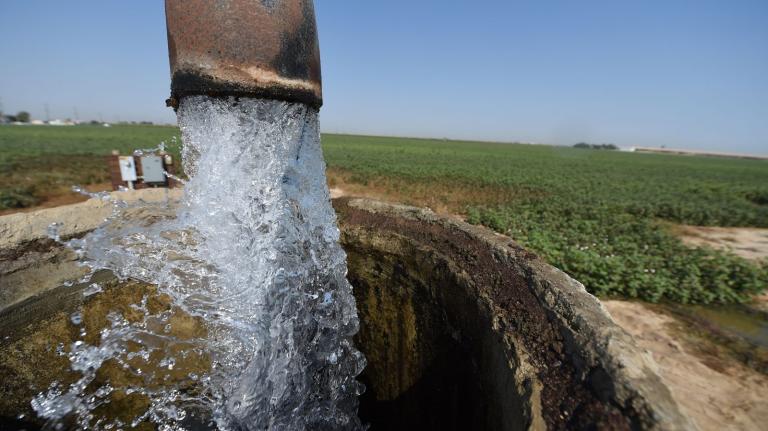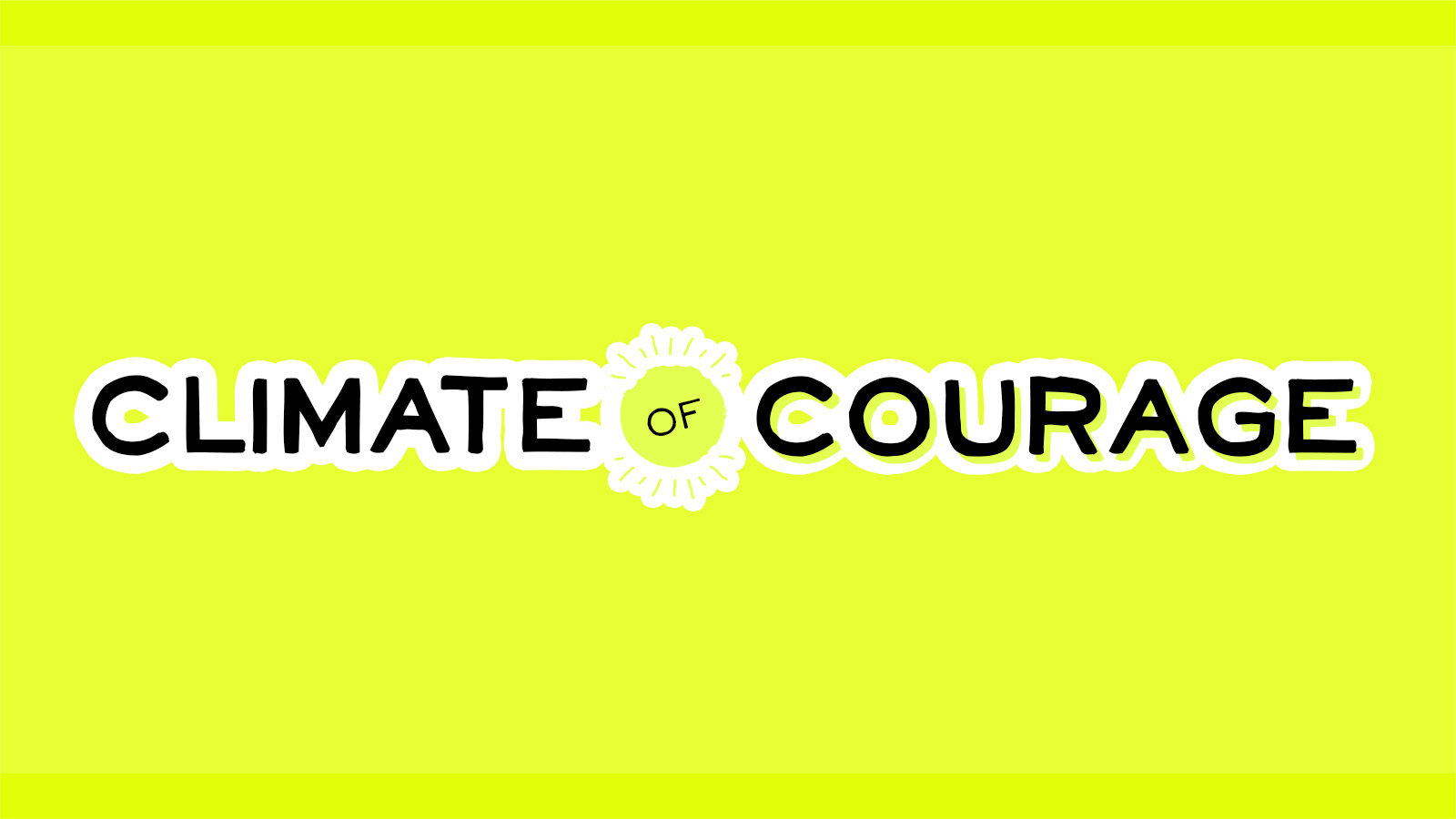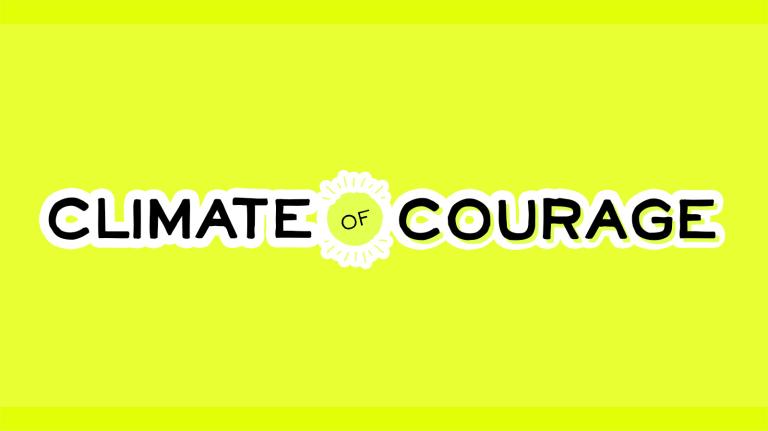Americans are more worried about climate change now than ever before, according to recent polls. Our political rhetoric is reflecting that shift, with nearly every major potential Democratic presidential candidate endorsing some form of the Green New Deal, boosting hopes that we may yet take action at the breakneck pace science now requires.
What prompted this change in public opinion? Grist’s Kate Yoder recently explored the fascinating science behind the polls. It’s not necessarily learning the intricacies of climate science that are most motivating; it’s experiencing the changes first-hand. Americans see videos of the California wildfires, or they notice their azaleas blooming earlier than ever before. It’s this tangible evidence that’s most convincing — and there sure has been enough of that to go around lately.
But what gets people to go from acknowledging the obvious to doing something about it? Once the full weight of the massive problem of climate change hits you, it’s so, so easy to just check out.
That checking out is a normal, expected response to the fear of “cultural trauma,” according to new research. The anticipated loss of the status quo, of everything we consider to be part of a normal life leads to the social inertia we’ve seen on climate change that’s persisted for decades.
The main narrative on climate change has always been about giving something up: driving, a suburban lifestyle, air travel, animal products. While these are important steps, we don’t see our friends doing those things, and we don’t know what regular life will be like without them. We fear being outcast. We have trouble seeing how radical changes to our own lives could be of any benefit. We are reluctant to make large-scale, systemic shifts begin with us.
So, we just carry on with our lives without making the necessary changes. And temperatures and carbon emissions continue to skyrocket.
That’s why, in my opinion, something like a Green New Deal is so powerful — it resets the playing field by offering a vision of a world that’s carbon neutral and better than the one we have. It’ll take a lot of work to get there, but for maybe the first time, all that work seems totally worth it.




